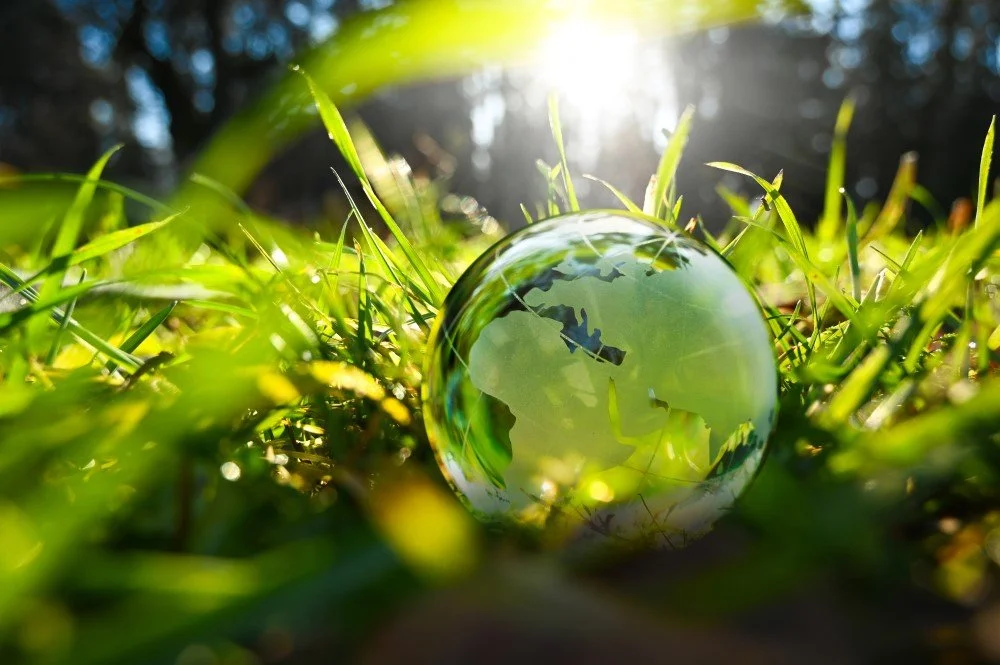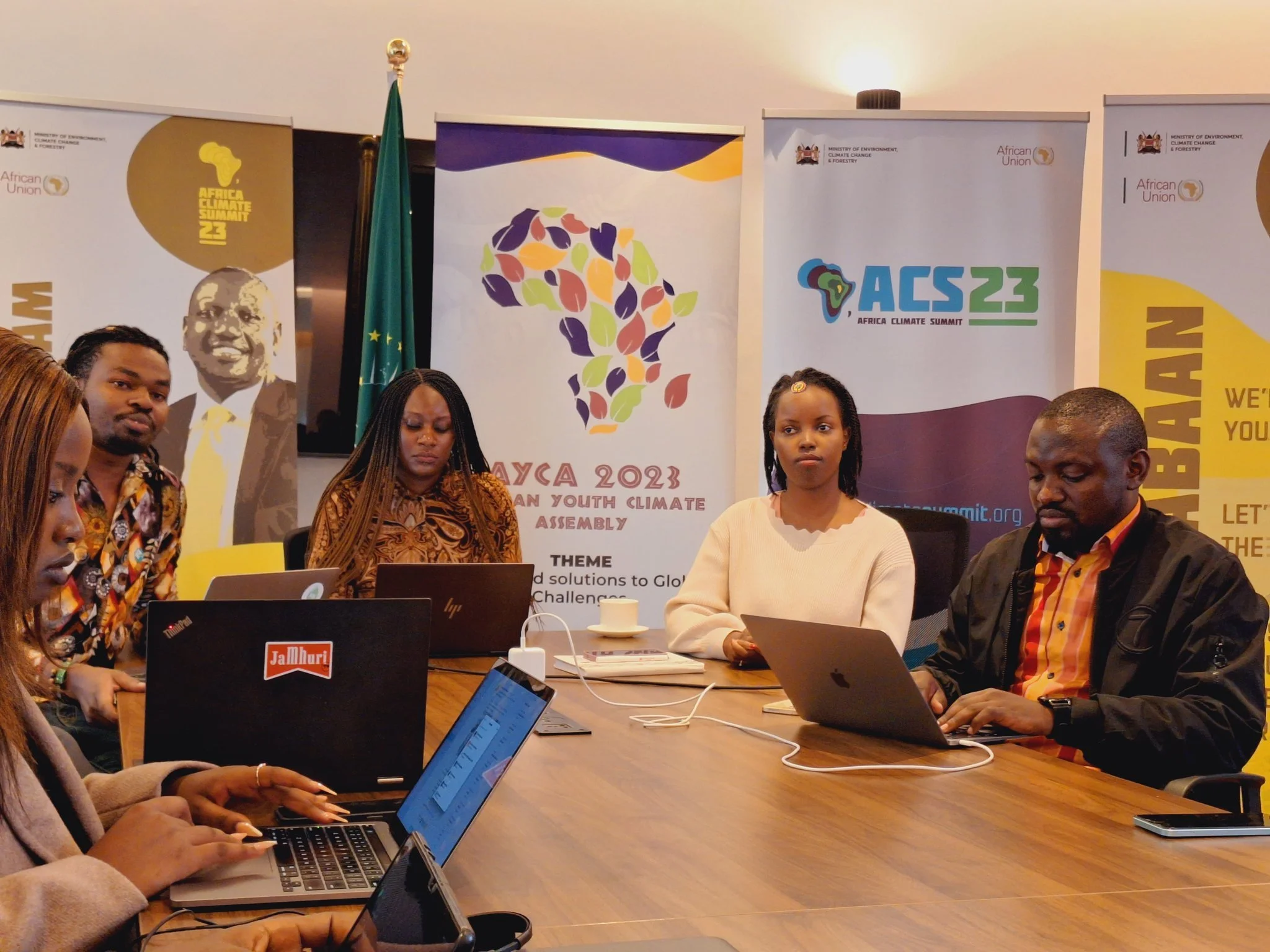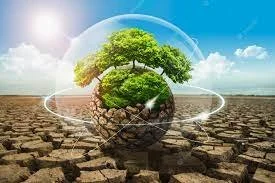The DAC defines official development assistance (ODA) as “government aid that promotes and specifically targets the economic development and welfare of developing countries.” Understanding of this definition has changed over time, recognising, for example, the emergence of “non-DAC providers or philanthropic foundations, the diversification of financial instruments for development, or the increasing overlap of development cooperation policy objectives with those of other sectors such as migration and security.”
PACT FOR THE FUTURE |PART TWO
We commit to achieving a world in which humanity lives in harmony with nature, to conserving and sustainably using our planet’s marine and terrestrial resources, including through sustainable lifestyles, and sustainable consumption and production, to reversing the trends of environmental degradation, to promoting resilience, to reducing disaster risk, and to halting ecosystem degradation and biodiversity loss. We will conserve and sustainably use oceans and seas, freshwater resources, as well as forests, mountains and dry lands and protect biodiversity, ecosystems and wildlife.
PACT FOR THE FUTURE
We, the Heads of State and Government, representing the world's people, have gathered at United Nations Headquarters to take action to safeguard the future for present and coming generations. We are at a moment of acute global peril. Across our world, people are suffering from the effects of poverty, hunger, inequality, armed conflicts, violence, displacement, terrorism, climate change, disease, and the adverse impacts of technology. Humanity faces a range of potentially catastrophic and existential risks. We are also at a moment of opportunity, where advances in knowledge and technology, properly managed, could deliver a better future for all.
World Health Organization Fourteenth General Program of Work, 2025–2028
In 2023, the Seventy-sixth World Health Assembly, having considered the report by the Director-General on sustainable financing, requested the Director-General to develop the draft Fourteenth General Programme of Work, 2025–2028 (GPW 14) in consultation with the Member States, as the technical strategy to underpin the first WHO investment round in the last quarter of 2024. GPW 14 is to replace the Thirteenth General Programme of Work, 2019–2025 (GPW 13) one year early, include a financing envelope and strong results narrative, and draw on lessons learned from GPW 13. GPW 14 will be considered for approval by the Seventy-seventh World Health Assembly in 2024, through the Programme, Budget and Administration Committee of the Executive Board at its thirty-ninth meeting and by the Executive Board at its 154th session.
African Youth Climate Assembly 2023 Declaration
The Declaration set out the ambition of the Africa Youth Climate Assembly as a precursor to the inaugural African Union Heads of State and Government Africa Climate Summit (ACS) with the outcomes of the Assembly feeding into the African Heads of State and Government Nairobi Declaration. Acknowledging the mounting uncertainties surrounding our future due to climate change and the escalating severity of its effects, there is one indisputable fact: We will bequeath this planet to today's children, young individuals, and the generations yet to come;
Global Recovery From COVID-19 Pandemic | Solving Climate Crisis
“There is no vaccine for the planet. Nature needs a bailout,” warned UN Secretary-General António Guterres, describing the state of the planet in a speech at Columbia University in New York in December 2020. He identified global recovery from the COVID-19 pandemic as an opportunity to solve the climate crisis and make peace with nature, using the SDGs and the Paris Agreement on climate change as a blueprint.
SDG Knowledge Hub Data And Review On Their Top Read Stories
At this time of year, SDG Knowledge Hub decided to look back at their most-read stories for 2021. This look back reminded them of how far they had come and helped to set their agenda for the following year. As in past years, global assessments and data stories topped the list of the ten most-read stories on the SDG Knowledge Hub. The most-read news story was a review of the findings in the annual World Population Data Sheet from the Population Reference Bureau. This year, they highlighted the 2021 Population Data Sheet Highlighted Declining Fertility Rates.
Chemicals and Climate Change | Chemical Management
In an era marked by unparalleled technological advancements and global interconnectedness, the imperative to safeguard our planet's delicate ecological balance has never been more pressing. We are in the midst of a triple planetary crisis. Climate change, biodiversity loss, and pollution endanger the environment and all Earth’s inhabitants including us. Each of the problems, from rising rates of extinction to carbon emissions and plastic pollution, is drastic and frightening on its own.
Climate Adaptation And Low Carbon Housing | Using Technology To Solve Today’s Most Pressing Problems
The United Nations define climate change as long-term changes in temperature and weather patterns. These changes could be caused by natural processes, like variations in the solar cycle. But since the 1800s, human activities—primarily the burning of fossil fuels like coal, oil, and gas—have been the primary cause of climate change.
The Youth Café At The Voluntary National Review-Voluntary Local Review Workshop.
Voluntary National Review is a strategy based on the 2030 Agenda: Member states to "conduct regular and inclusive reviews of progress at the national and sub-national levels, which are country-led and country-driven. Like the 2030 Agenda of participation, The Youth Café strives for global connection, has reached over 72 countries, and is a local and national rope for achieving goals. The Youth Cafés principles are a call to action for governments, civil societies, private and public sectors, bi- and multilateral, and knowledge institutions. To invest in mutual prospects and work in partnership for sustainable development.










